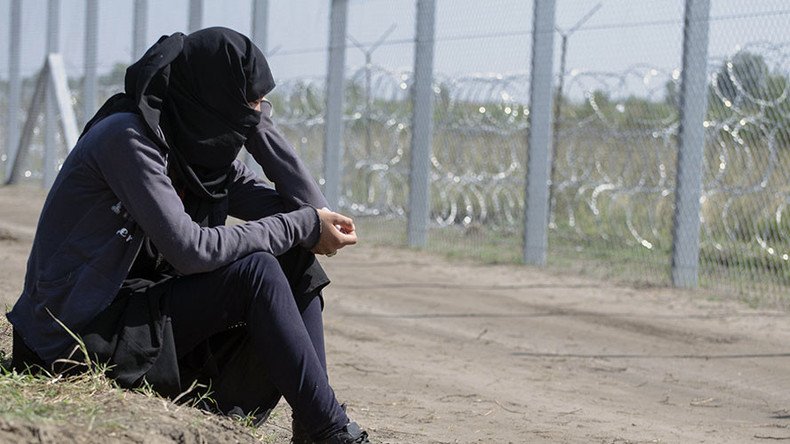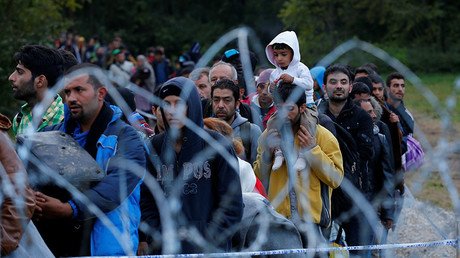Constitutional Court overturns Hungarian village’s ban on mosques & headscarves

Hungary’s Constitutional Court has overturned a controversial ban on building mosques and women wearing Muslim headscarves that was imposed by the far-right mayor of Asotthalom, a Hungarian border town.
The judges also annulled Asotthalom’s decision to prohibit muezzins from performing Muslim calls to prayer in public areas.
The restrictions “aim to limit directly the freedom of conscience and religion, as well freedom of speech,” Hungary’s top court ruled on Wednesday.
The anti-Islamic measures, which were imposed in November by Mayor Laszlo Toroczkai of the far-right Jobbik party, were challenged in court by Hungary’s ombudsman for fundamental rights, Laszlo Szekely.
The village of Asotthalom, located three kilometers from Hungary’s border with Serbia, was heavily affected by the 2015 migrant crisis, acting as an entry point to Europe for refugees heading westward to Germany and Sweden.
At the time, Toroczkai released in infamous video designed to scare the migrants off that featured troops, motorcycles, and the mayor himself in sunglasses posing in front of police cars.
‘READ MORE: 'No transfers' of asylum-seekers from Germany back to Hungary until it follows 'EU norms'
Toroczkai explained that the ban on Mosque building, burkas, and Muslim headscarves, as well as other restrictions on Islamic activities, had been imposed to defend the “community and traditions” of Asotthalom, maintaining the measures were necessary in view of a Brussels’ plan to redistribute asylum-seekers among EU member states.
Hungary, which had to build a fence on its borders with Serbia and Croatia to stem a flood of refugees, is challenging the EU decision in the European Court of Justice.













